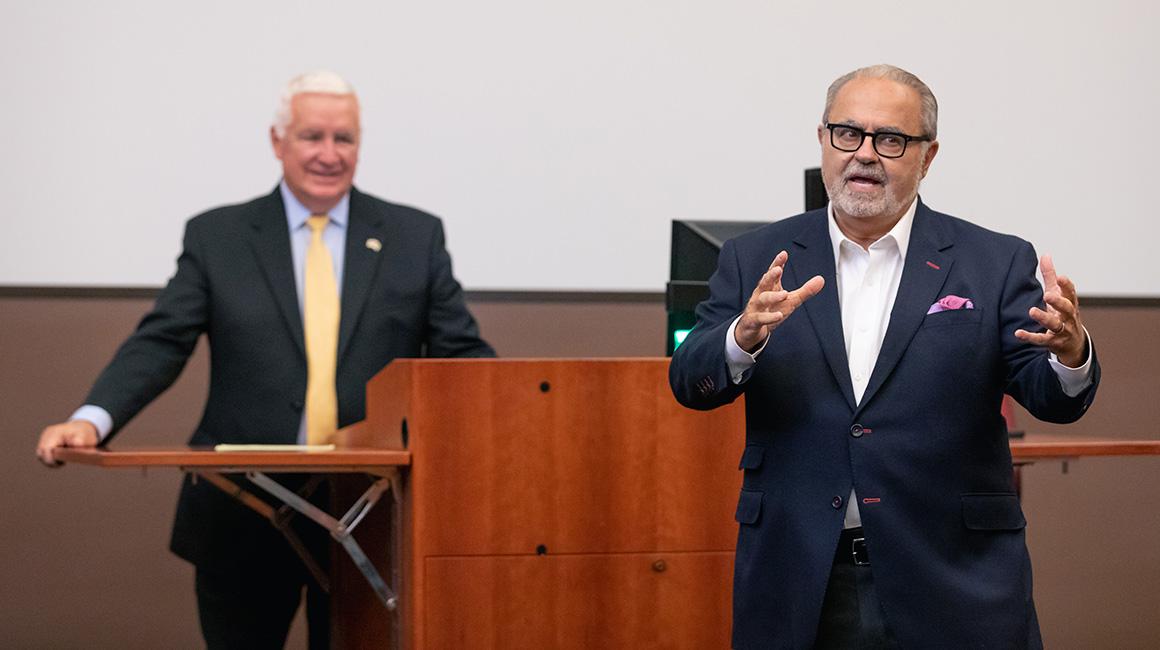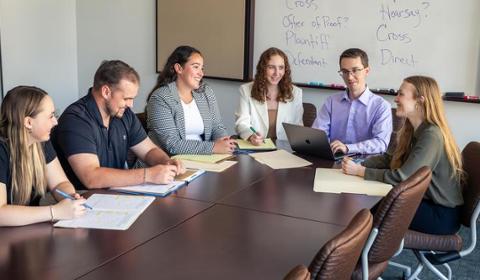Thomas R. Kline School of Law of Duquesne University has offered a part-time evening
JD program for working professionals and adults with other commitments and priorities
for over a century. In fact, Duquesne Kline School of Law is the only institution
in Pittsburgh and the surrounding area of its kind.
Professionals from diverse backgrounds and experiences come to Duquesne Kline to pursue
a Juris Doctor degree part-time while working full- or part-time. Our evening students
earn their part-time J.D. after only four years of study.
Conveniently located within blocks of downtown Pittsburgh, Duquesne Law offers evening
courses Monday through Friday, beginning at 6 p.m. Professionals in the part-time
program include those working in energy, engineering, finance, taxation, information
technology, and numerous other fields. The list of part-time alumni is impressive
and includes business owners, law firm partners, judges, corporate counsel, solo practitioners,
and many others.
How to Apply
Admission criteria and performance standards are the same in all day and evening law programs. Applications are accepted Sept. 1 - April 1 for priority consideration for all J.D. programs, including part-time. Applications will be accepted from May 1 through July 31 on a space-available basis.



